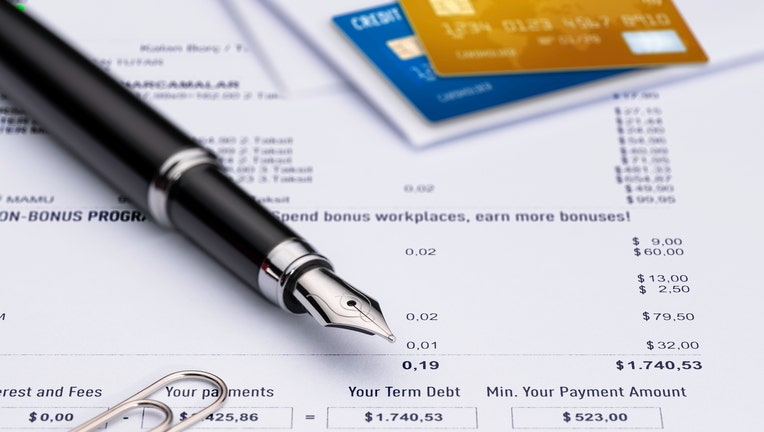Credit card relief not helping? Try this instead

If credit card relief isn't helping, you have other options including debt management. Here's what you need to know about your options
Coronavirus has had a devastating financial impact on millions of Americans. Those who saw reduced hours or who lost jobs may find it hard to cover their credit card bills.
Card issuers have been providing options such as allowing holders to put payments into forbearance. The CARES Act also provided protection for those consumers whose creditors have offered credit card relief by requiring card issuers to report accounts as current to major credit reporting agencies even if borrowers have payment accommodation.
For some borrowers, however, their current payment holiday is ending or their relief program isn't helpful enough. If you're one of the borrowers who has found the credit card relief available to you is insufficient, you may want to consider these four options to help.
- Balance transfer cards
- Debt consolidation loans
- Credit card hardship programs
- Debt management programs
1. Balance transfer credit cards
Balance transfer credit cards provide you with the option to reduce the interest rate — and often the monthly payment — on credit card debt without having to negotiate an agreement with your current creditors or potentially damage your credit score.
Balance transfer cards offer a low promotional rate — usually 0% — for a limited period of time. You can transfer the credit card balance from one or more existing cards to the new card at the 0% rate. This could lower your monthly payment if you've substantially reduced your APR or if you've transferred the balance from several cards and now have just one minimum payment instead of many.
If you're interested in this type of credit card relief, you can visit an online marketplace like Credible to find the right balance transfer card for your situation.
PROS AND CONS OF BALANCE TRANSFER CARDS
2. Debt consolidation loans
A personal loan can also be used to consolidate debt, which can have the effect of lowering monthly payments and total repayment costs.
If you qualify for a low-interest personal loan, you can use it to pay off one or more credit cards. You'll have just the new loan payment to make, which may be much more affordable than multiple credit card minimum payments. You'll also know when the loan will be repaid in full and the total interest costs you'll pay during the repayment process.
While debt consolidation works like debt management in that you switch to paying one new loan instead of multiple cards, you won't have to work with a credit counseling agency -- or pay fees to one — in order to use this approach. And doing so shouldn't damage your credit as long as you pay off your personal loan on time.
To find out if a debt consolidation personal loan is a viable form of credit card relief for you, visit Credible to compare rates and terms from multiple lenders to see if you can qualify for an affordable low-interest loan.
SHOULD I USE A PERSONAL LOAN TO CONSOLIDATE DEBT?
3. Credit card hardship programs
Credit card hardship programs are offered by many, but not all, card issuers. They allow borrowers to arrange a modified repayment plan when they can't make their current payments.
If you take part in a credit card hardship program, the specific terms of the payment plan will depend on the agreement reached with your card issuer. Lenders generally have the discretion to decide whether to approve or deny your entry into a hardship program and the program may involve waived fees or a temporary reduction in interest rates.
Typically, with a credit card hardship program, you still need to make monthly payments, although they should be smaller. And any change to your card's terms, such as a reduction in interest rate, will only be temporary.
Visit Credible to see if a balance transfer credit card makes more sense for you.
HOW TO INCREASE YOUR CREDIT SCORE FAST
4. Debt management programs
Debt management programs are typically administered by credit counseling agencies and you'll generally be charged a fee to participate in one.
The process involves consolidating multiple different kinds of debt so you're left with one fixed monthly payment. The credit counseling agency may also negotiate with your creditors to reduce interest costs, late fees, or over-the-limit charges as part of your debt management plan. This can sometimes hurt your credit score.
Debt management can be helpful if you have a substantial amount of credit card debt you won't be able to pay off within a short time, while credit card hardship programs are best if you're having short-term financial trouble but expect to be able to resume regular payments soon.
You can visit Credible to find the best loan rates and decide what debt it makes sense to pay.

